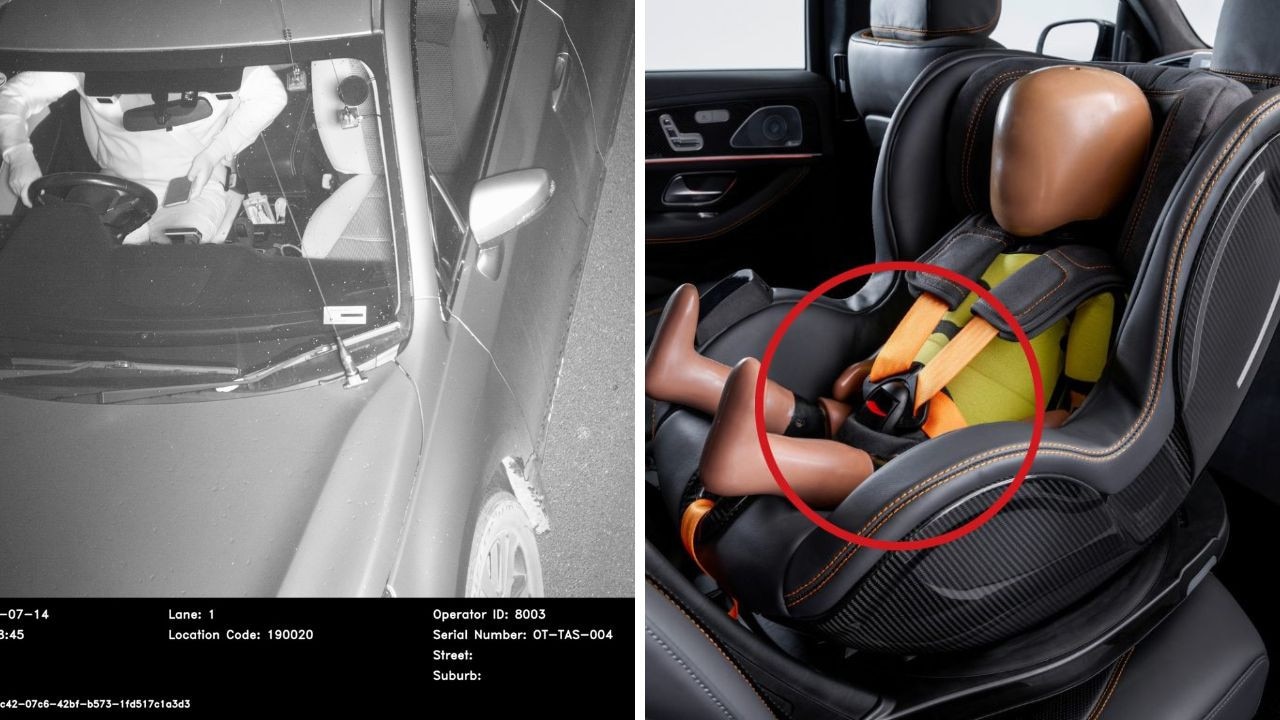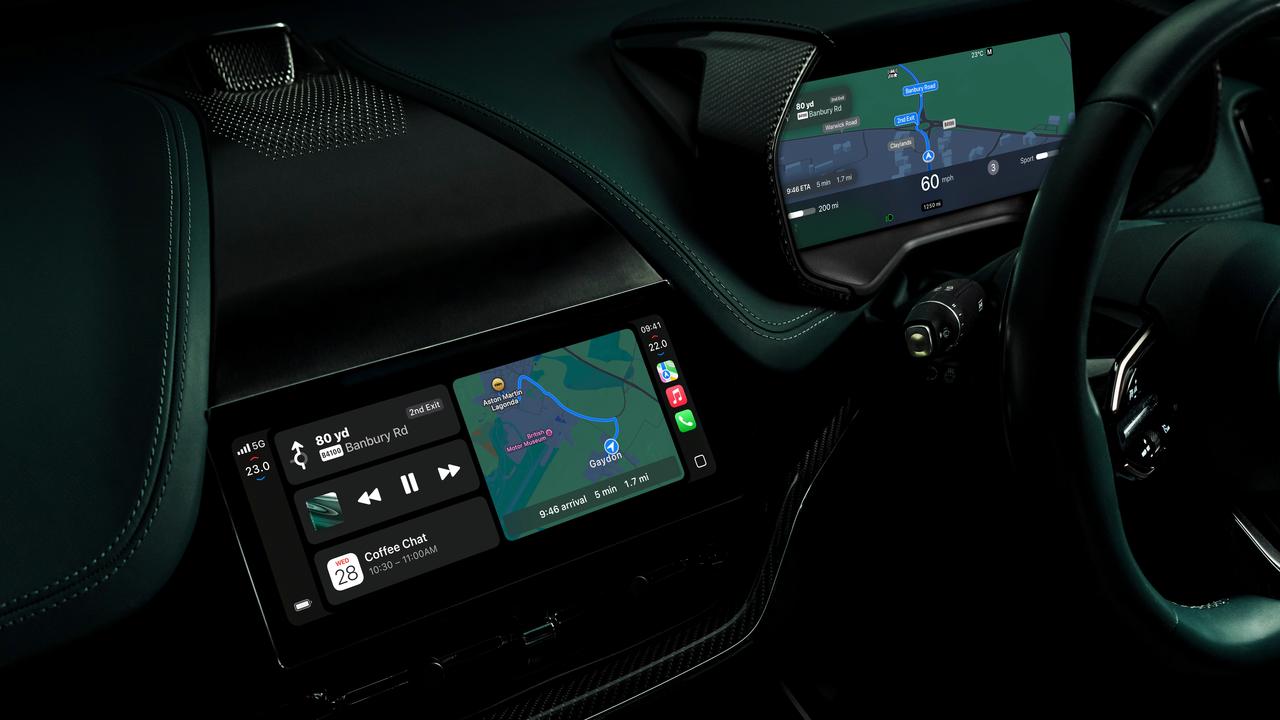2022 Kia Niro S Hybrid new car review
Australians who can’t afford electric cars but want to halve their fuel bills and lower their emissions now have another car to consider.
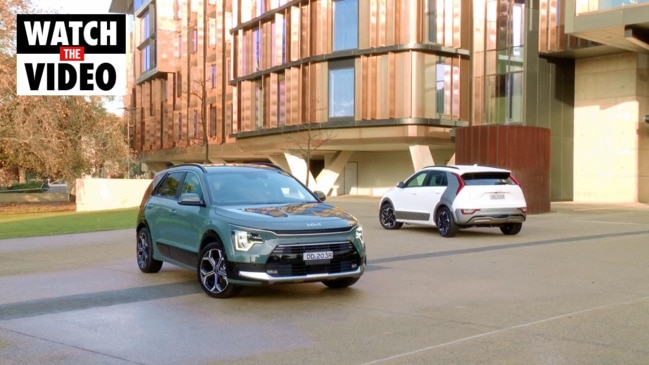
Toyota has been the undisputed king of hybrids for the past 20 years, but now a new breed of car brands is trying to get in on the act.
Here is what you need to know about the Kia Niro hybrid.
IT’S NOT CHEAP BEING GREEN
Prices for the new Kia Niro hybrid start at about $48,800 drive-away for the base S variant tested here and jump to about $54,700 for the fully loaded GT-Line.
That’s a fair wad of cash for a small SUV that’s a similar size to the petrol-only Kia Seltos, which starts from about $31,700.
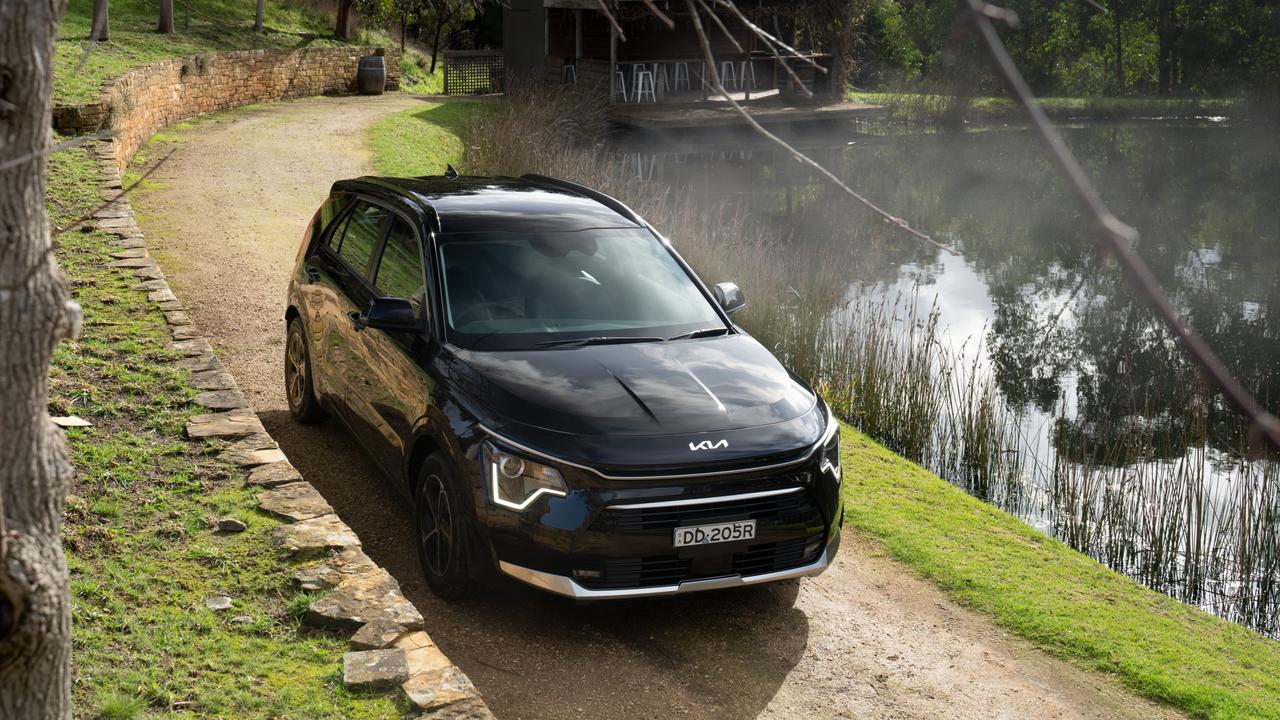
It’s also about $9000 more than its key rival, the new Toyota Corolla Cross Hybrid.
The base Niro comes with 16-inch alloy wheels and old-school halogen headlights but there are LED daytime running lights and tail lights.
There are also chrome highlights scattered across the exterior but little else to excite.
YOU’LL SAVE LOTS ON FUEL, THOUGH
The Niro delivers on its promise of super thrifty motoring.
The combination of a small 1.6-litre four-cylinder engine and an electric motor with a small 1.32kWh lithium-ion battery delivers excellent fuel economy.
Kia claims 4.0L/100km and we got very close to this in a mix of city and highway driving.
The Niro also wins back points for only needing cheaper regular unleaded petrol.
With 104kW and 265Nm on tap the Niro feels zippy in traffic and is a quality drive around town thanks to its direct and light steering.
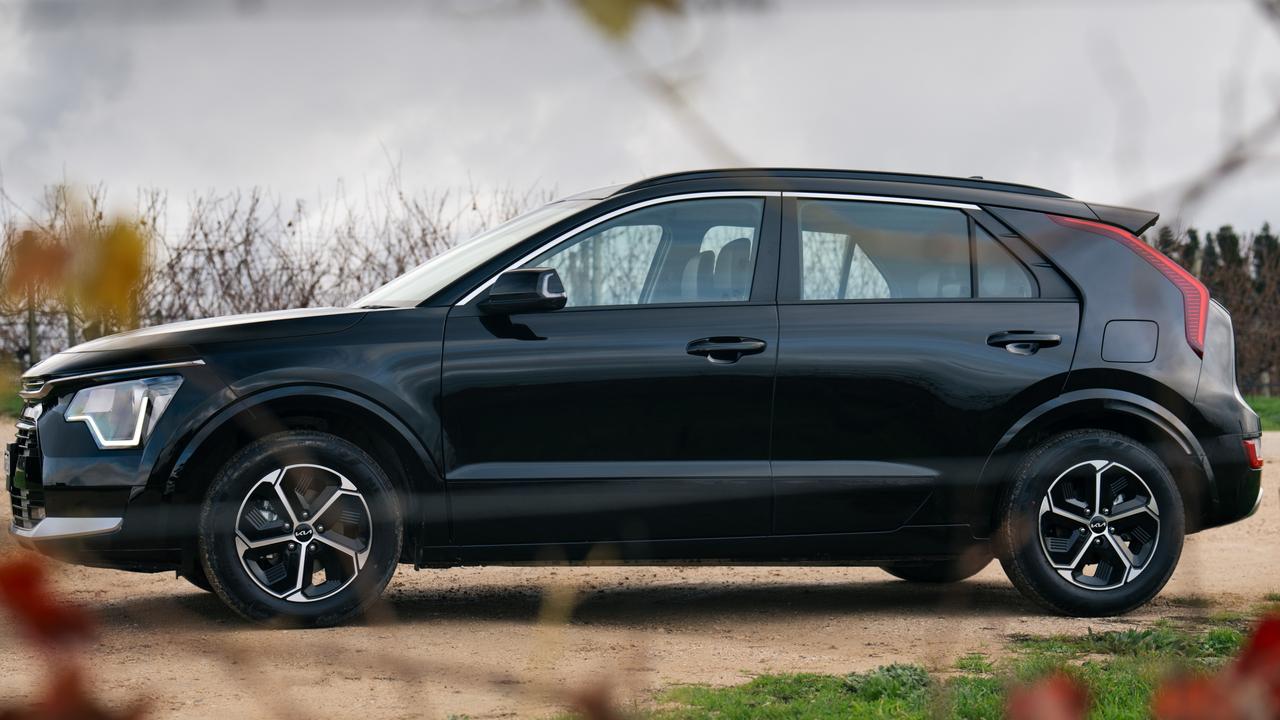
THE CABIN IS UNDERWHELMING
The Niro S’s interior is a bare bones proposition.
There is a smallish eight-inch central touchscreen and an instrument display that combines analog dials with a small, low-res digital display. Standard fare includes wireless Apple CarPlay and Android Auto, digital radio and Bluetooth connectivity. There are four USB ports to keep your devices fully juiced.
Hard seats are wrapped in a mix of cloth and faux leather and there are lots of hard plastic surfaces throughout the cabin.
If you want a bigger 10.25 central display and a fully digital dash you’ll need to stump up for the GT-Line variant. It also adds heated and ventilated faux-leather seats, a wireless device charger and alloy sports pedals.
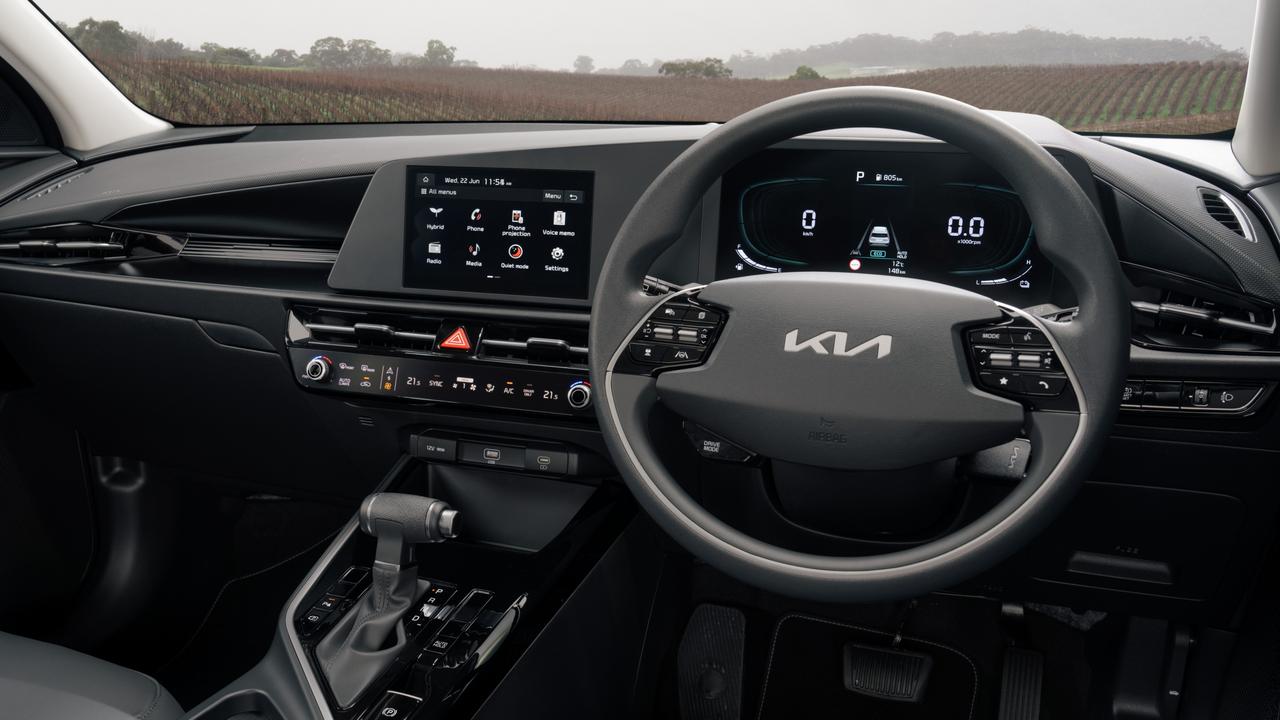
IT’S SAFE AS HOUSES
Kia has emptied the safety parts bin into the Niro.
The Niro will automatically brake if it detects a potential collision with a car, pedestrian or cyclist.
A collection of sensors and cameras will keep you centred in your lane and it’ll tug the steering wheel to pull you back into line if it senses you wandering.
The Niro will alert you if a car is in your blind spot and sound the alarm if it detects a vehicle approaching from the side as you reverse.
Radar cruise control takes the stress out of longer journeys, automatically keeping a safe distance between you and the car in front.
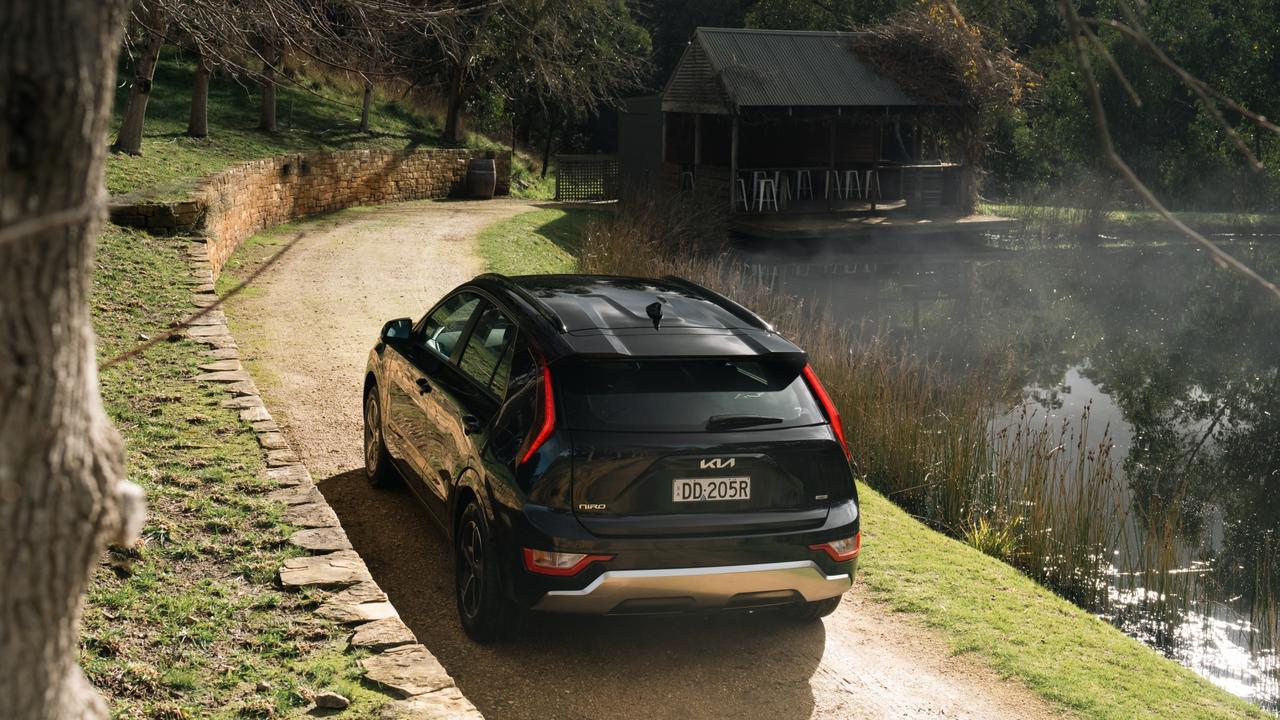
YOU CAN GO FULL ELECTRIC
If the hybrid isn’t green enough for you then you can ditch the petrol engine for a 150kW/255Nm electric motor and a 64.8kWh lithium-ion battery.
Kia claims the electric version of the Niro has a driving range of 460km between charges.
It can accept up to about 100kW at a fast DC supercharger, which can replenish the battery from 10-80 per cent in 45 minutes.
Charging at home from a regular power point would take about 29 hours, but you can slash that time to as little as six hours using a wallbox.



